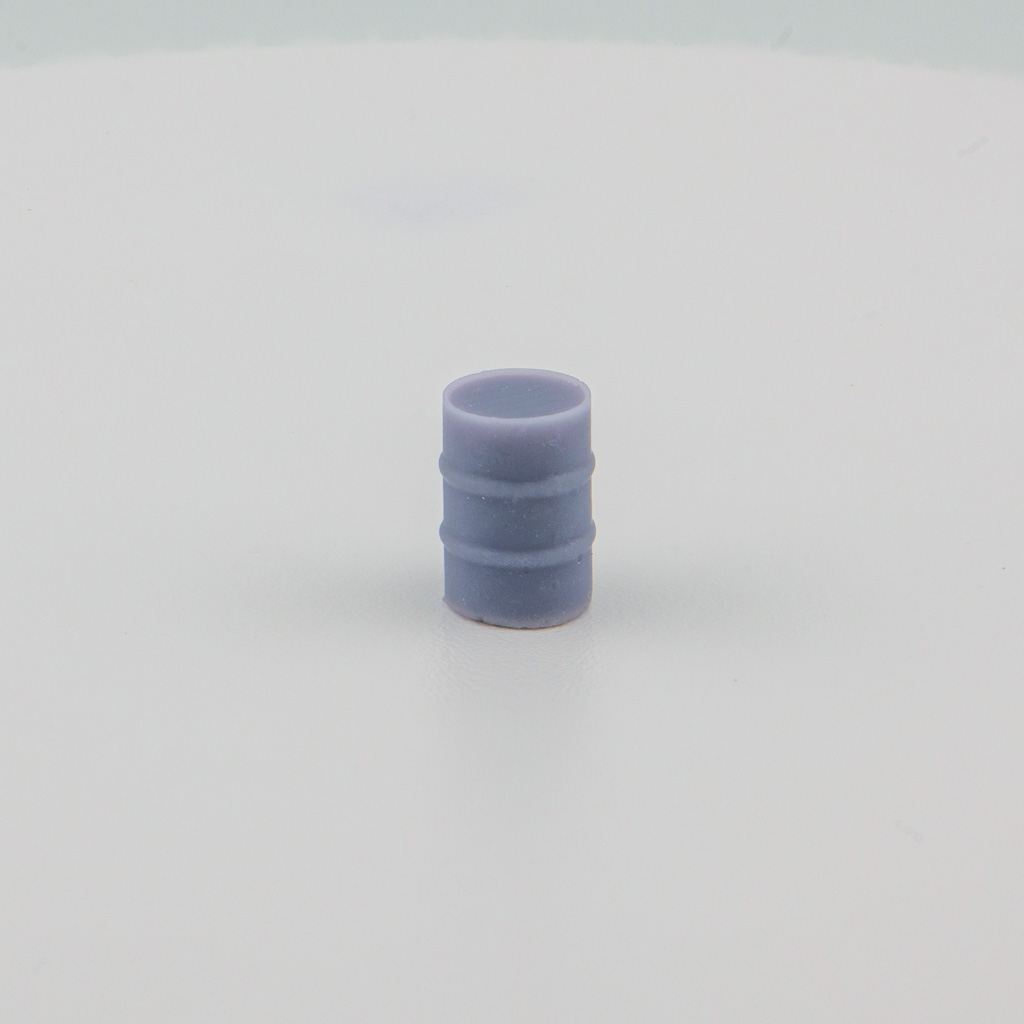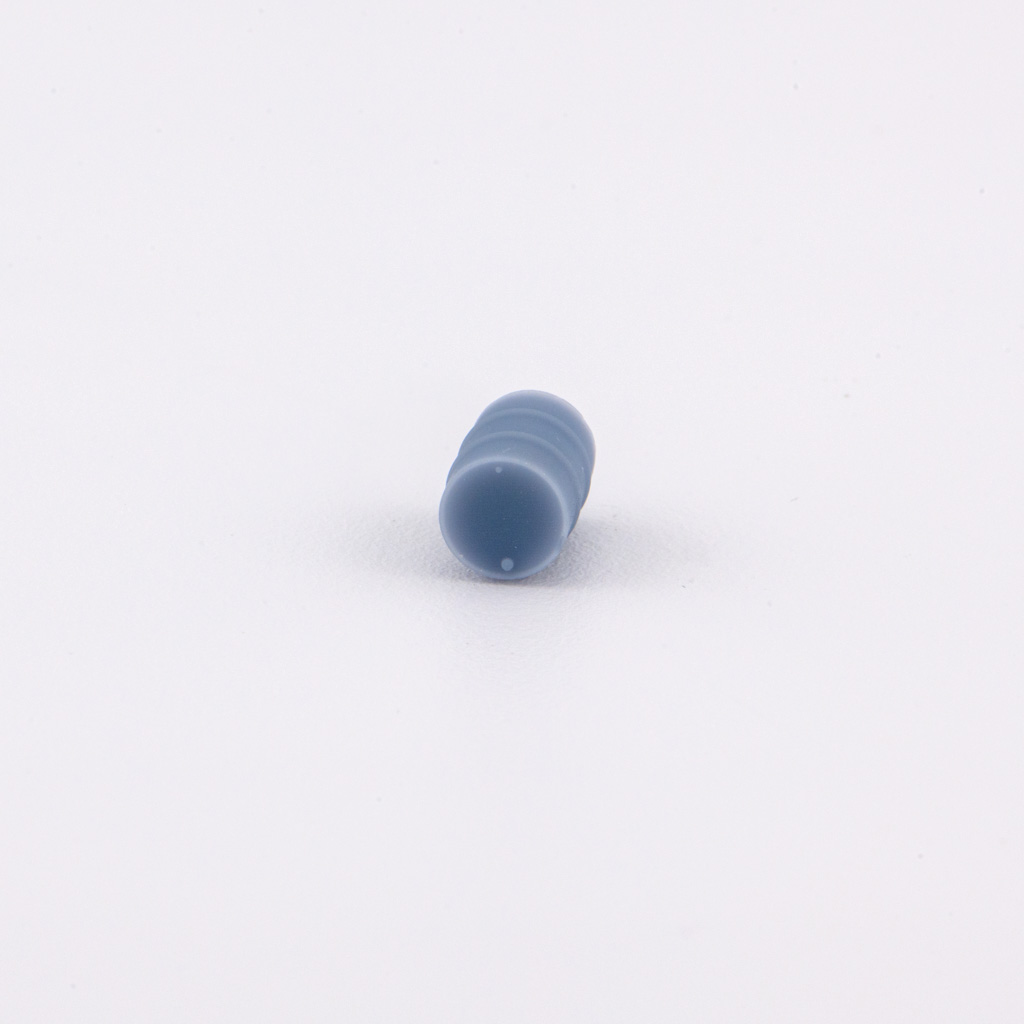Inspiration and Prototype Research
What Do 55-Gallon Drum Colors Mean? A Guide for Modelers
Table of Contents
Ever wonder what the colors of 55-gallon drums mean? This guide breaks down the real-world color codes and how model railroaders and miniature builders can use them to add realism to their scenes.
What Do Those Drum Colors Mean? A Guide for Model Railroaders, Diorama Builders, and Miniature Enthusiasts
If you’ve ever added a 55-gallon drum to a layout—tucked behind a shed, stacked by a warehouse, or lined up at a fueling depot—you might’ve paused to wonder: “What color should it be?”
Turns out, the color of a drum isn’t just for looks—it often says something about what’s inside.
Why Drum Colors Matter
In the real world, drum colors help people quickly identify contents, especially when dealing with hazardous materials. It’s a simple visual code used across industries—agriculture, manufacturing, shipping, and waste management. Even food-grade drums have a color story.
For us modelers, getting these details right can add a layer of believability to a scene. It tells the subconscious, “this place has a purpose.”
Common Drum Colors & What They Represent
| Color | Typical Use |
| Blue | Food-grade materials, water, cleaning agents. Common in plastic form. |
| Black | Motor oil, industrial chemicals, waste. Often used for dirty, rugged settings. |
| Red | Flammable contents like gasoline or solvents. Makes a great visual pop in fueling areas. |
| Yellow | Hazardous materials, oxidizers, or bio-waste. A strong warning signal. |
| Green | Sometimes used for non-hazardous or recycled content. Useful in eco-friendly or park settings. |
| White | Food and pharmaceutical industries. Occasionally used for acids. |
| Gray | Paints, sealants, or general-purpose materials. |
| Orange | Agricultural chemicals or pesticides. |
Ideas for Use in Your Layout
- Backlot clutter: Mix red, black, and gray drums for a gritty industrial feel.
- Gas station or service shop: Add a red or black drum with warning decals.
- Farm scene: Green or orange drums work well for agricultural storage.
- Junkyard or rail yard: Weathered blue and yellow drums with a bit of rust tell a great story.
Want even more realism? Try adding tiny stencils or hazard signs to the sides. Dirty them up with a dry brush or sponge technique. Scatter them in groups of threes—because life rarely lines things up neatly.
Real-World References
If you’re creating your own 3D models or painting a detail part, it helps to look at real photos. You’ll notice dents, faded paint, rust rings at the top and bottom, and scuff marks around the mid-section. Some are shiny and new; others look like they’ve been sitting out back since the 1970s.
Summing it Up
Small details like drum colors might seem minor, but they have the power to ground your work in reality. They’re the kind of thing most people won’t consciously notice—but when done right, they feel right. And that’s really what this hobby is all about.
Looking for Some Drums for Your Layout?
Check out My Shop


